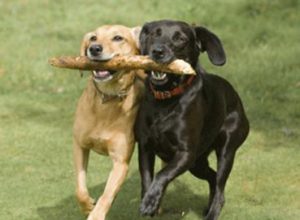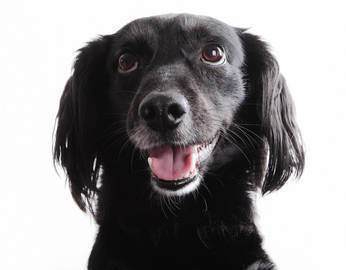Getting a pet is a (really) big decision, so you definitely need to spend some time thinking about what kind of pet will work best for you, your family, your own individual circumstances, and last but not least, the pet. This is really important as your pet will be a part of your family and your life for many years.
Getting it wrong results in many charities and rescues being overrun with people looking to give up dogs they got at Christmas - Dogs Trust reported a 58% spike in surrender requests immediately following Christmas 2016.
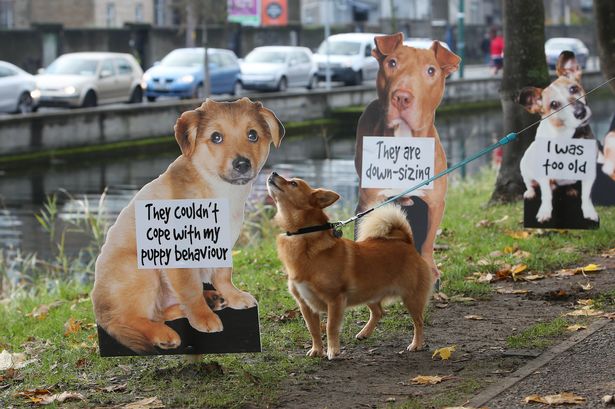
You need to allow for the level of care your pet will require and your ability to provide that care. While cats can adapt to any domestic environment, larger dogs require more food, frequent exercise, larger indoor space, and more time outdoors (important for both exercise and socialising).
Once you’ve decided on either a cat or a dog, you’ll need to research which breed will be the best match in terms of size, personality, energy level, friendliness and social interaction with kids. Research is key. Pets require vet visits, dental care, brushing, and of course, lots of love, time and attention.
For the purpose of this blog, our questions focus on what you need to consider if getting a dog.
Key questions you need to ask yourself include:
- What size dog, what type of / how much living space do I have?
- Pup or mature dog, in terms of energy, training, attention.
- How much outside space do I have and can it keep a dog secure?
- What energy level do I want my dog to have?
- How much time / what level of exercise can I provide my dog?
- How often / much time can I commit to care and grooming?
- How friendly do I want my dog to be with other pets, animals or people?
- What is the age of the youngest child living in or regularly visiting my home?
- How independent should my dog be?
- For how long should my dog be (able to cope with being) alone each week?
- Can I afford the costs involved in properly caring for my dog?
A very helpful tool to help you choose the right pet for you and your particular needs and circumstances is Pedigree's Breed Match Tool, which takes you through a series of questions covering all the key issues and comes up with a selection that meets the criteria you specified.
What you need to consider when selecting a Dog :
1. How big or small would you like your dog to be?
What space do you have, especially if the Dog is being left there for the working day.
2. What energy level do you want your dog to have?
How active a lifestyle do you have? While most people think they want an energetic dog, think twice, a dog in constant movement may be irritating to you.
On the other hand a low energy dog maybe discouraging to young kids or people who want a running companion. It should be noted that even low energy breeds will be energetic as puppies. There is no such thing as a low energy puppy. People wanting a low energy dog from the beginning should consider a more mature dog.
3. What level of exercise can you provide your dog?
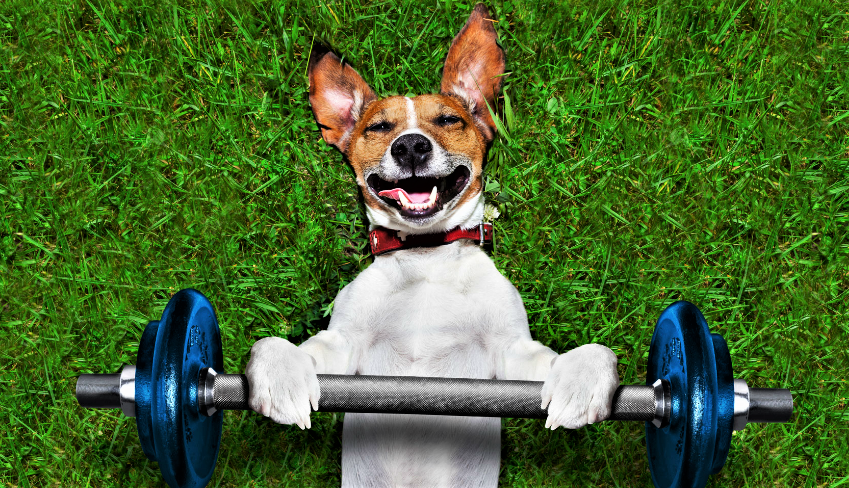
Level of exercise is a combination of a dogs level of energy and size. For example, the greyhound is athletic; but its requirements can be met with short running bursts. On the other hand. the miniature pinscher is small but energetic and can get a lot of exercise indoors. Every dog, even those with low exercise requirements, needs some daily physical activity.
4. What level of playfullness can you support?
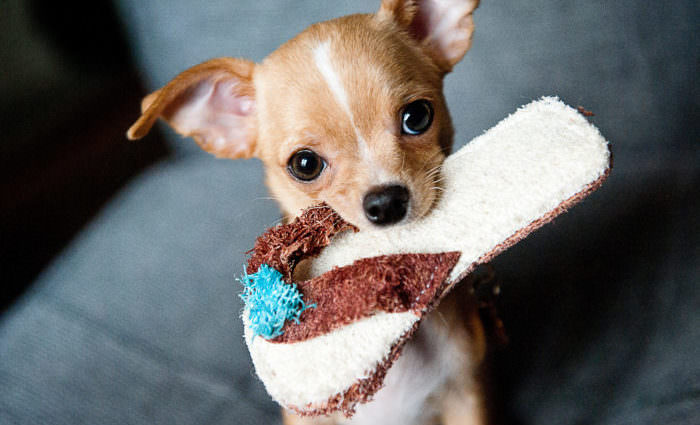
Level of playfulness relates to level of energy but hones in on whether that energy is for people interaction. While most people want a playful dog, a dog's constant need to (go out and) play may be too exhausting for some.
5. What level of affection would you like your dog to exhibit?
Some people enjoy being greeted by a wagging tail and jump lick to the face, while others prefer a more relaxed reaction when they enter the room. A dogs lack of reaction does not have any bearing on their devotion.
6. How much time can I commit to care and grooming?
Grooming is important for a dog's health, not just for appearance. Grooming maintains a healthy coat and skin, and helps to bring out the natural oils in the dog's fur. Plus did you know that one of the best ways to help with seasonal shedding is daily brushing?
Grooming at home is not only good for your dog, it gets him used to being handled and to avoid grooming issues later on. This is especially important for long-haired dogs that require more intense grooming sessions.
Picking the right Dog Brush is important and depends on what type of coat and texture your dog has – you can check out the options here: Picking the best Dog Brush for your dog
Some other Blogs you might like:
The many benefits of having a dog for all, especially Children!
Gift Ideas for Pet Lovers – Save 84% on Online Pet Care Courses
21 Pet Gift Ideas – after all, it’s their Christmas too...
Pet Insurance Checklist - what to look out for BEFORE picking a policy
Benefits Of Dog Friendly Workplaces For All - Including Employers!
10 Pet Travel Accessories to make travelling with your pet easier & safer
12 Pet Tech Apps To Make Caring For Your Dog Easier
7. How friendly do you want your dog to be toward other pets or animals?
All dogs can chase cats, and all dogs can learn to live peacefully with cats if they are raised with them. Some breeds, however, were bred to chase and kill small mammals, and these breeds are more likely to chase cats or other animals outside.
8. How trainable would you like your dog to be?
Training ease does not necessarily reflect intelligence. Some dogs combine intelligence with a high energy level and a willingness to please that, taken together, result in a dog that learns quickly. Such dogs may be hard to live with if not trained, however, because they enjoy mental stimulation and need it in order to avoid boredom.
9. What protection ability would you like in a dog?
Protection ability is the combination of a dogs desire to protect and its physical ability to do so.
10. Do you need your dog to tolerate hot or cold weather?
Temperature tolerance is important if you intend to keep your dog outside a lot or live in a cold environment. Small shorthaired dogs are less heat tolerant than large, bulky dogs. Dogs, in general, are not heat tolerant. As a rule, the shorter the nose, the bulkier the body and the thicker the coat, the less heat tolerant a dog will be.
11. Cost of having a pet dog.
Cost of owning a dog - it's more than you might think:
The people at pet-sitting platform Rover.com published their take on the True Cost of getting a Dog and it's a lot more than some people may expect. They put average one-time expenses at $1487, average monthly expenses at $153, and average annual expenses (Vet, Insurance) at $730. This is in addition to a number of potential pet expenses.
A study by Vets in Practice star Emma Milne compiled in association with comparethemarket.com shows the cost of having a pet dog in the UK is £25,000 Sterling over a typical 9-year lifetime. The typical annual cost for the Top 10 dogs were:
- St Bernard, £3,907
- Newfoundland, £3,756
- Bernese Mountain, £3,382
- Bulldog, £3,415
- French Bulldog, £3,033
- Great Dane, £3,215
- Dogue de Bordeaux, £3,006
- Rottweiler, £2,941
- Italian Spinone, £2,831
- German Shepherd, £2,800
WoofAdvisor is a start-up founded to help Dog Lovers.
Like to support what we're doing? Please share & help get the word out!





